The Microlino is a pint-sized Swiss-designed electric vehicle that is drawing massive attention on several fronts. The Microlino is still to get to the full-scale production stage but has already chalked up a 30,000-strong list of reservation holders. The company says it has opened its configurator for custom adaptation of the petit EV. 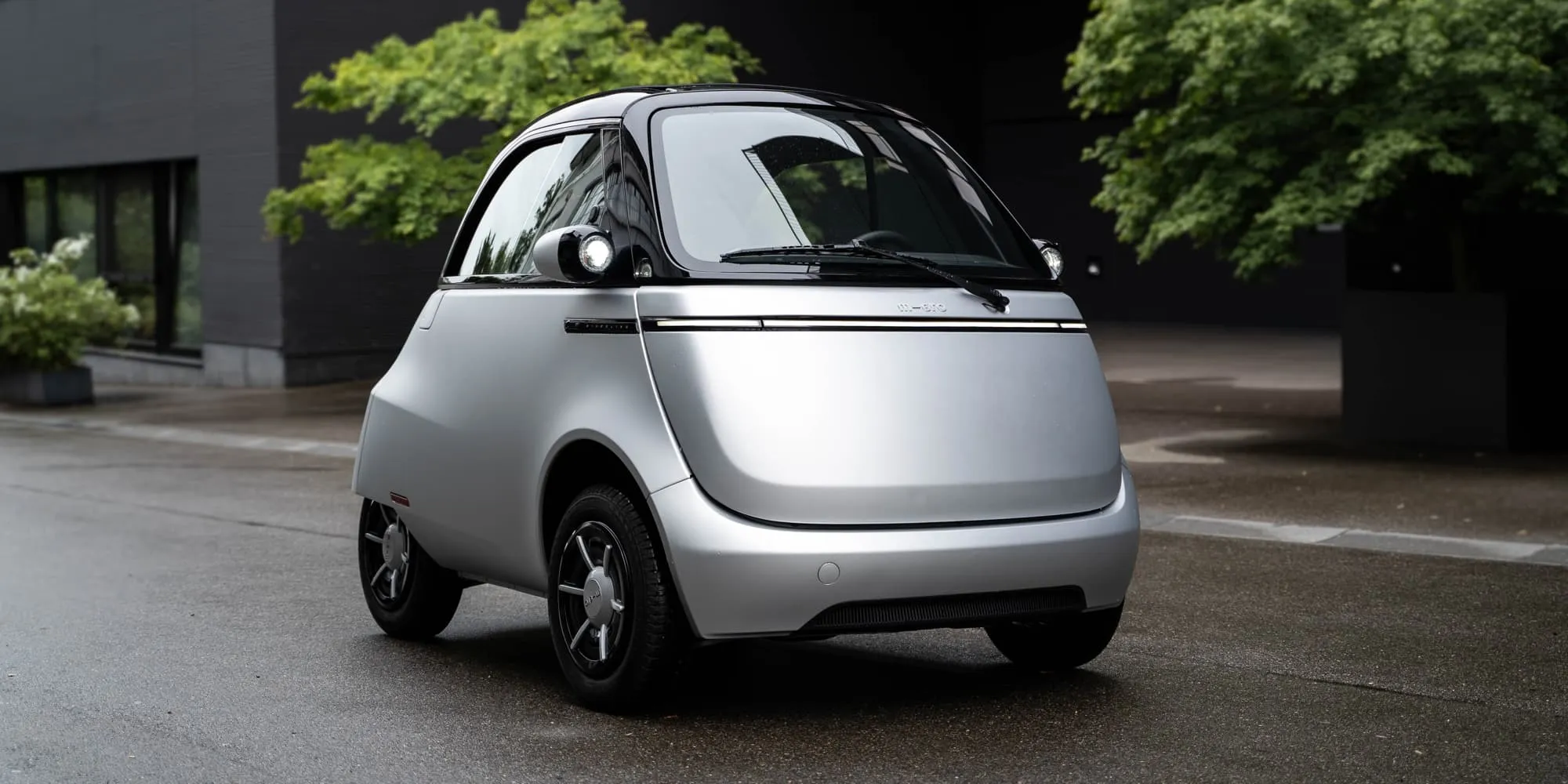
The Microlino has a single front door opening style similar to BMW’s Isetta. The Microlino is classed between a car and a motorbike in several exciting ways. It takes up less space than a conventional car but retains the enclosed feature of cars, as well as increased storage options. The Microlino has seating for two people and 230-liter trunk space. It is a compact four-wheeled EV that is also high on maneuverability.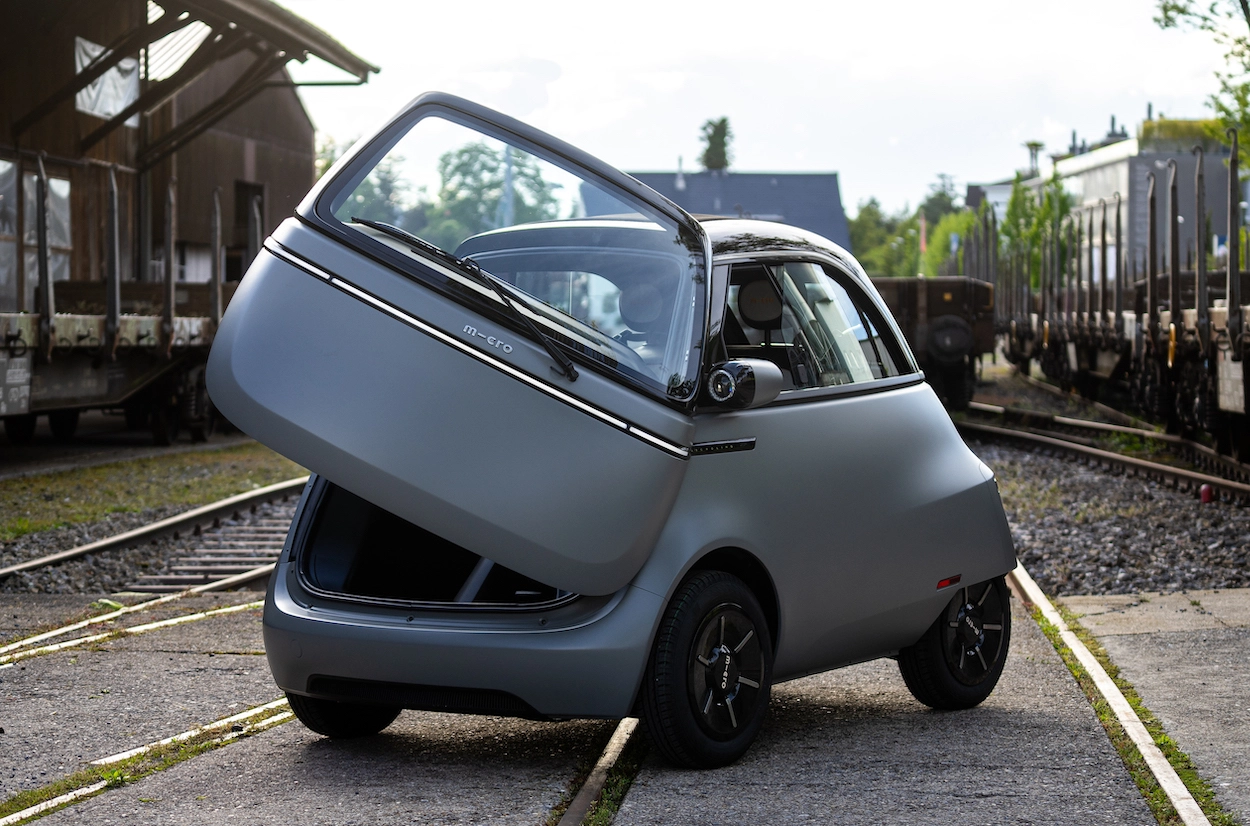
The Microlino weighs just about 535kg and delivers a driving range of about 230km. It can reach a top speed of 90km/h which is quite impressive. Its range implies that the Microlino is well suited for daily city commutes, as well as inter-city rides. The base model of the petit Microlino offers a range of about 115km, which is also convenient for daily city driving. A typical city driver could use the EV for up to a week without recharging.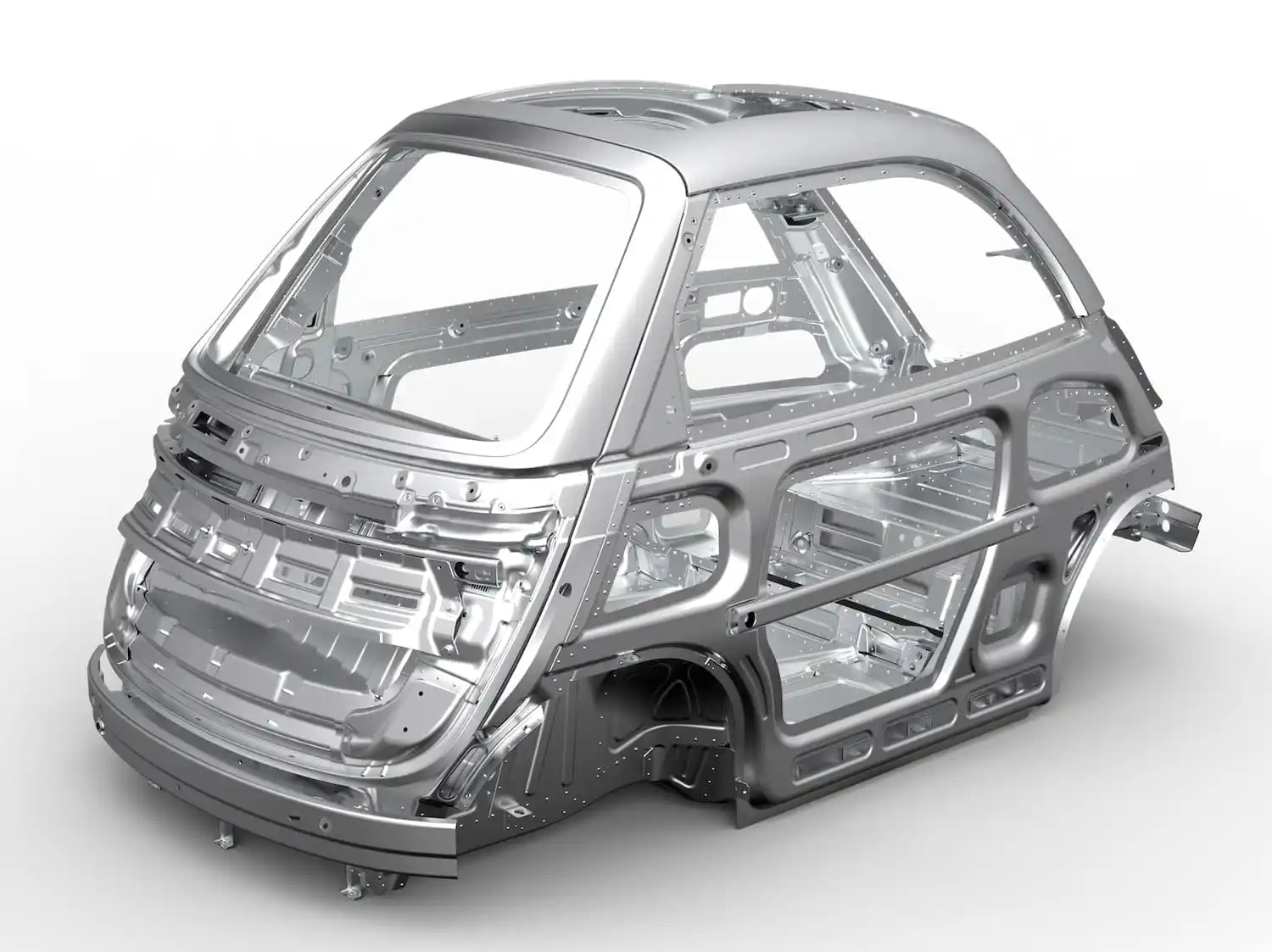
The Microlino is a Class L7e vehicle in Europe. This means that it is technically a quadricycle, but it is designed as a compact car. It comes with an automotive design including an efficient unibody chassis, a smaller battery, and a minimal carbon footprint. About 90% of its components are produced in Europe, which provides an uncluttered supply chain. Microlino’s founder is projecting it as the most sustainable weather-protected vehicle in existence.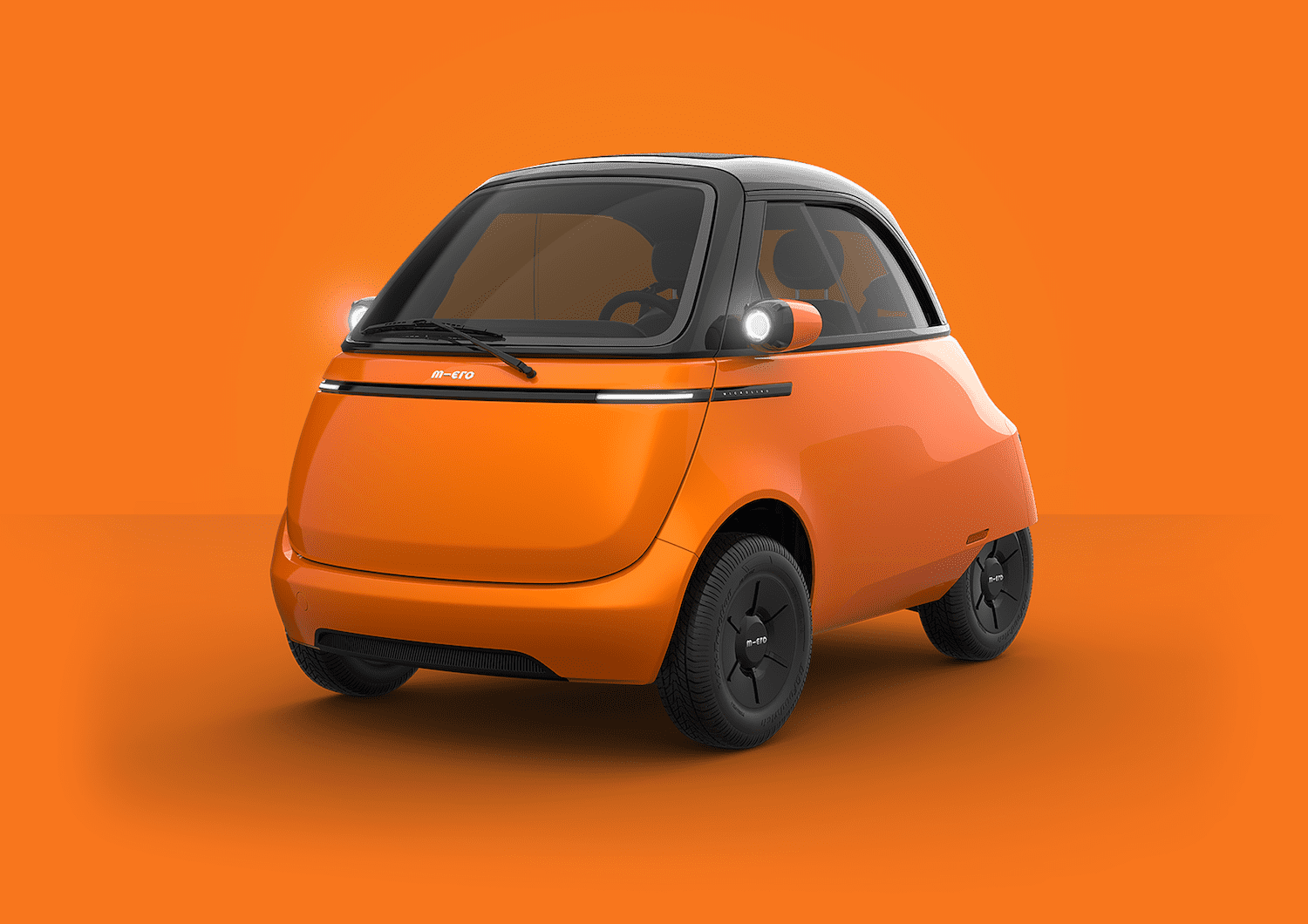
There are already over 30,000 reservations for the Microlino currently. It could be available first in Switzerland at around $15,340, although it has been listed in Europe to cost around $13,400. Deliveries will begin in the summer for Swiss customers, while other parts of Europe will follow subsequently.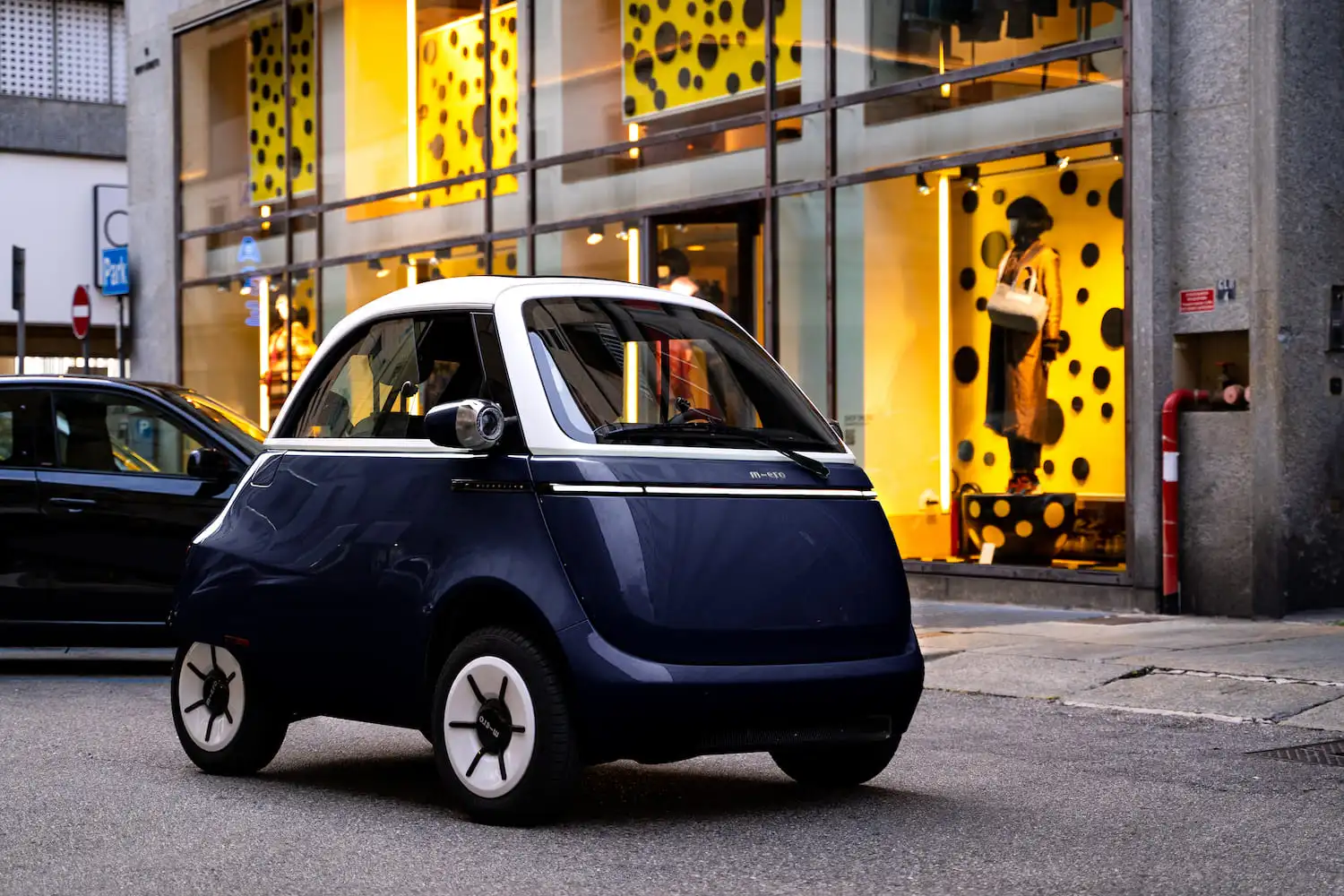
The portable EV is being produced at the company’s facility in Turin, Italy. The plant is expected to scale up its capacity from 1,500 vehicles per year to about 10,000 cars per year. The backlog means that the company will have to seek ways of massively scaling up production.
RELATED:
- Honda Activa electric scooter will soon launch in India featuring a swappable battery
- Bajaj Chetak electric scooter is now available in 20 Indian cities
- Jeep unveils the Wrangler Magneto, an electric concept car with stick shift tranny
- US carmaker Jeep showcases its upcoming powerful Electric Bike
- ebikeGo Rugged G1 & G1+ e-bikes receive 100K paid bookings in India within two months!
- Revolt e-Bike expects a spike in sales of EVs in India’s Gujarat due to the new cashback policy
- Hero Cycles launches the first Made in India electric bike in Germany
(source)



